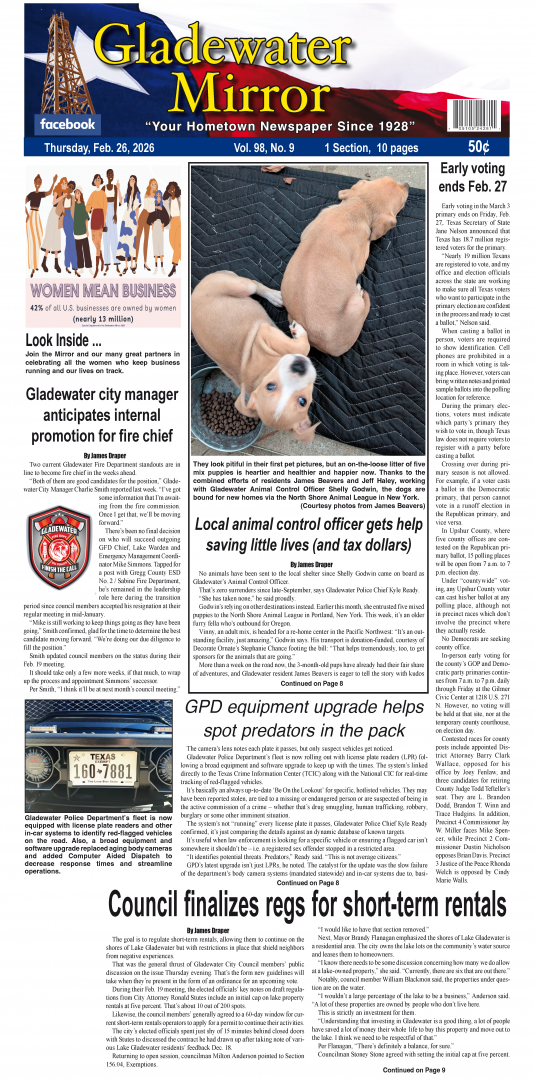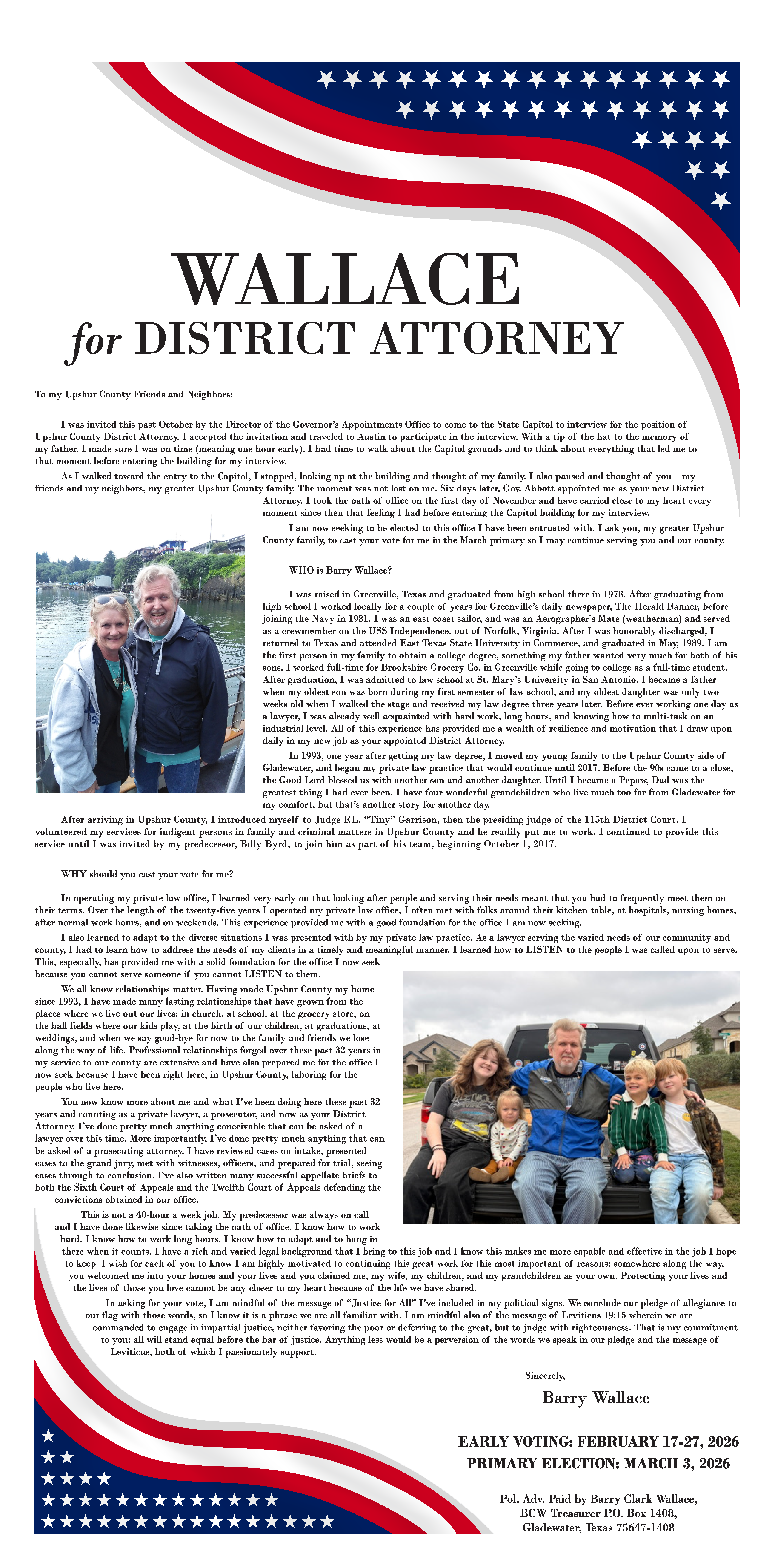Texas Recognizes September as Suicide Prevention Month
AUSTIN – Texas is working toward preventing suicide among young adults and veterans in the state, highlighting the resources available to people at risk of suicide and offering support for loved ones who can help.
As September kicks off National Suicide Prevention Awareness Month, Texas health officials urge people to know the warning signs of suicide and learn more about Texas prevention resources.
Warning signs include talking about wanting to die, feeling hopeless or being a burden to others, planning or looking for a way to kill themselves, withdrawing from family or friends, and acting like there’s no reason to live.
“Suicide is a serious public health issue that affects all Texas communities, and it is preventable,” said Dr. Courtney N. Phillips, HHS executive commissioner. “We know that in Texas, younger people and veterans experience higher rates of suicide. We’re looking at how we can reach those groups with the message that Texas is here for them and there is hope.”
Suicide is the second-leading cause of death for Texans ages 15 to 34 and the fourth-leading cause of death for those ages 35 to 44. Texas veterans are more than twice as likely than civilians to take their own lives.
Crisis lines, grant programs, educational courses and partnerships with local communities help highlight the warning signs and put people in touch with assistance. If a person is at risk for suicide, it’s important to act right away, offer hope and get help.
Officials encourage people in crisis and concerned family members to call the National Suicide Prevention Lifeline at 800-273-8255 (800-273-TALK) to connect with counselors for emotional support and other services. This service is available 24/7 and also has a dedicated Veterans Crisis Line (press 1).
“The Texas Suicide Prevention Council has a long history of statewide public-private partnerships with the Texas Health and Human Services Commission through our military, veteran, university and local community network,” said Lisa Sullivan, director of the Texas Suicide Prevention Council. “Because the causes of suicide are multi-factorial, it takes all of us working together to make a measurable impact. With rates of suicide increasing for many in Texas, it is essential for suicide prevention to be continued as a statewide priority.”
In addition to counseling and crisis lines, Texas is highlighting other resources to help Texans in need:
- People can download the new Suicide Prevention Wallet Card (PDF)which identifies warning signs, specific steps to help someone, and resources to get help.
- The Texas Veterans + Family Alliance Grant Program enables communities to identify and address mental health needs of veterans and their families.
- The Texas Mental Health Program for Veterans is a community-based resource for veterans and their families struggling with suicide.
- HHS offers free Mental Health First Aid eight-hour courses to public school and higher education employees to help them recognize risk factors and warning signs of a person in distress and how they can reach out to help and connect them with resources.
- The National Suicide Prevention Lifeline: 800-273-8255 (800-273-TALK), Veterans press 1. Support for people who are deaf and hard of hearing: 800-799-4889. For Spanish speakers: La Red Nacional de Prevención del Suicidio: 888-628-9454.
- People can call the Local Mental Health Authority in their area to be connected to mental health services.
Additionally, HHSC is launching the Suicide Care Initiative through the 39 LMHAs across the state to offer workforce development, training and other resources to providers. The four local mental health authorities participating in the initiative as the Regional Suicide Care Support Centers are Harris Center for Mental Health and IDD, Integral Care, MHMR of Tarrant County and Tropical Texas Behavioral Health. They will be serving as the regional suicide care workforce development and technical assistance hubs for their LMHA regions. Harris Center, Integral Care and Tarrant LMHAs each plan to hire an additional person to answer calls from within the state for the National Suicide Prevention Lifeline to enhance and increase their hotline services.
For more information, go to the HHS Suicide Prevention page.








